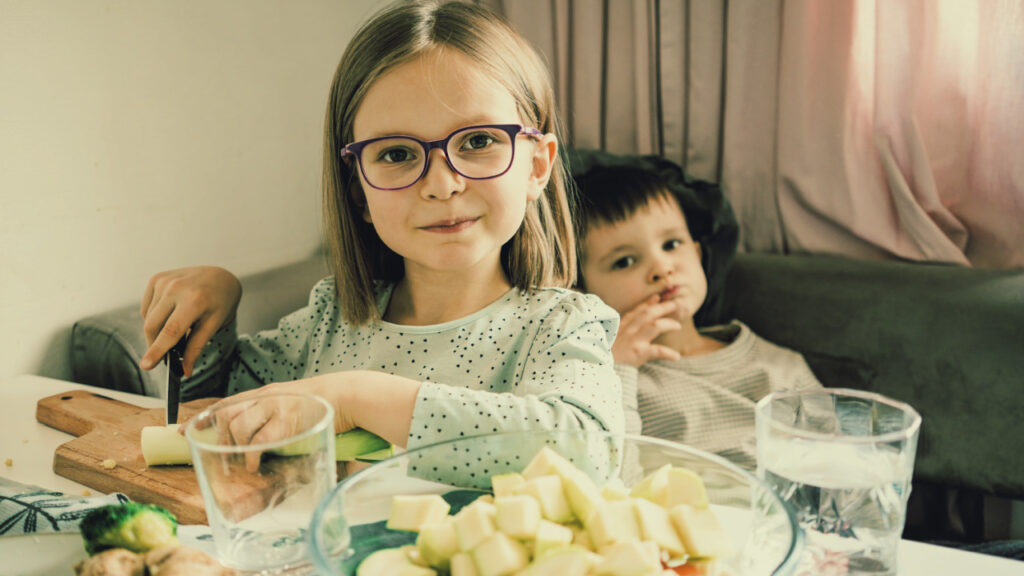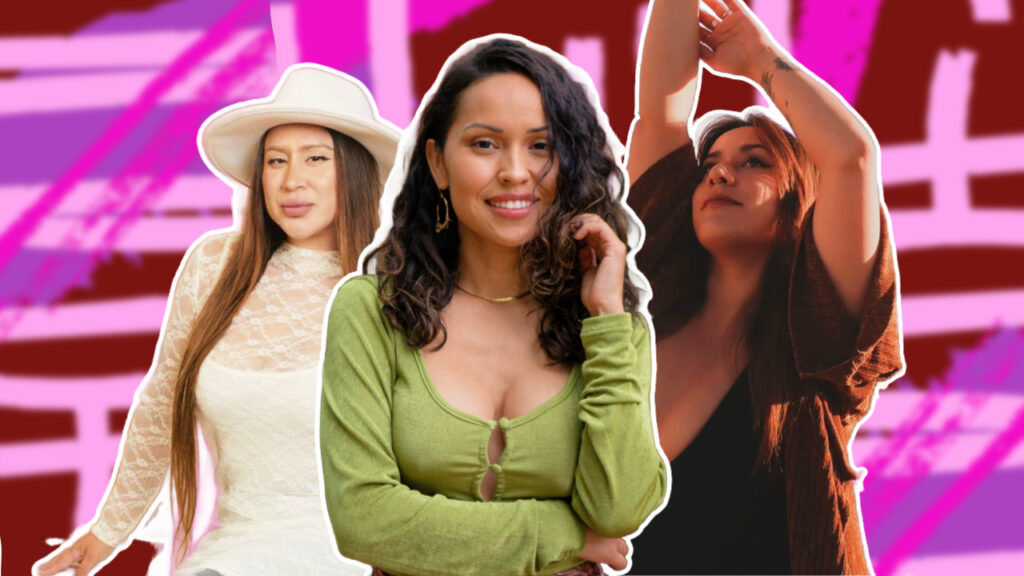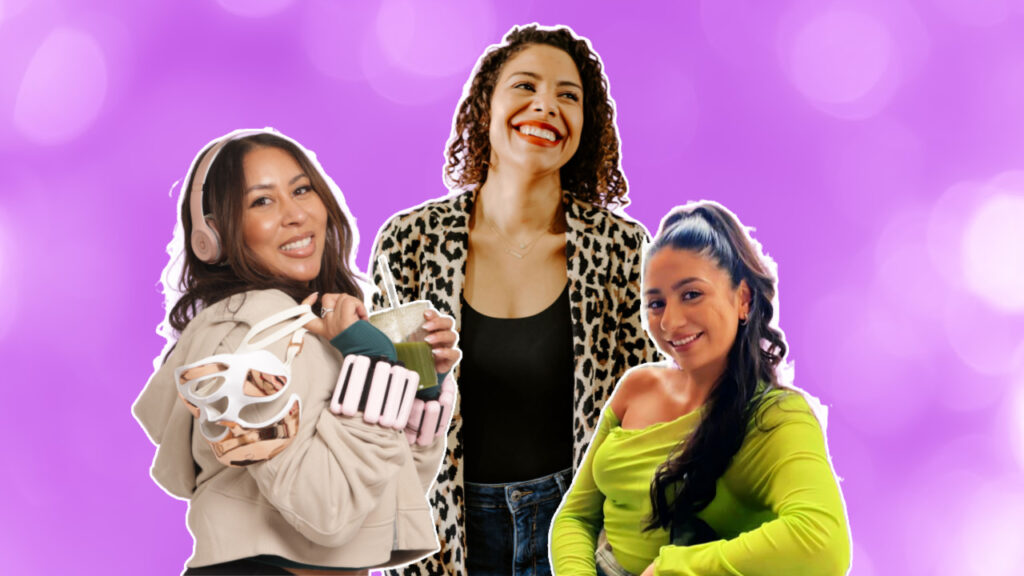
Social Media Users Are Describing the Eldest Daughter Syndrome and We Feel Painfully Seen
Is it indoctrination, or is it perhaps something that comes with genetic software? Many older daughters on social media are talking about “Eldest Daughter Syndrome”—and rightly so.
Among social media users, many women are discussing how gender and birth order affect their personalities.
Although not an official mental health diagnosis, users have described some symptoms resulting from the pressures and responsibilities parents place on first daughters.
What is the experience of the eldest daughters?
In a viral video on TikTok, Kati Morton, a licensed marriage and family therapist in Santa Monica, California, describes some symptoms of Older Daughter Syndrome. Among them, she describes “an intense feeling of responsibility.” She says, “You’re an overachiever, you worry a lot, you probably have anxiety, people-pleasing behavior, trouble maintaining boundaries, and resentment toward your siblings and parents.” She also adds that you might have problems in your adult relationships.
With more than six million views, the video hits close to home. “Biggest Daughter Syndrome has taught me to take care of everyone but myself,” said one user on X. “‘I can do it with a broken heart’ is Eldest Daughter Syndrome in a nutshell,” said another.
What does the science say?
Some scientific studies have found that firstborns are “reliable and high-achieving,” the New York Times reported.
In fact, studies have found links between a person’s role in the family line and various outcomes. These include educational attainment and IQ, financial risk tolerance, and even participation in dangerous sports.
In the case of older sisters, some scholars have agreed that the experience is nearly unanimous. Older daughters are often given “inordinate responsibility for caregiving, domestic responsibilities, and emotional labor” by their parents. Moreover, older daughters “often assume these obligations at a young age, a burden that can shape personality behaviors, relationships, and well-being.”
When traditional gender roles and birth order coincide
Sounds like a bad joke. It seems then that being female and being born first conditions you to unbearable pressure for the rest of your life. We are the first rehearsal of a couple making its debut in parenthood. But we are also women. Therefore, we have to face higher expectations, be responsible for family trauma, and also play the role of caregivers for our siblings from a very early age.
Dr. Nicole LePera, also known as The Holistic Psychologist, shared even more painful reflections on Instagram. “As a child, you knew your role was to be a ‘little adult.’ To hide how you felt, ignore your needs, and keep your composure for everyone around you.”
She further described how the oldest daughter often becomes the “protector of the family.” Years later, those feelings can manifest as an adult who “believes it is her responsibility to fix everyone and everything around her.”
Everywhere, eldest daughters feel seen
Responding to Dr. LePera’s post, one user said, “I’ve been waiting my whole life to be seen like this.” Another said, “I felt this to the core of my being. Spending adulthood suffering for the child you never got to be while taking care of your siblings and parents, paralyzed by perfectionism, hypervigilance to please people and hyper-independence. Your nervous system is fried from perpetual cycles of exhaustion from so much busyness.”
“It’s humiliating to see yourself described in a few simple slides,” said another. “It took me 45 years to understand this cycle.”
Now, the eldest daughters even have support groups, such as the one run by licensed marriage and family therapist Sara Stanizai. According to TODAY, her support group’s website notes that older daughters often act as “extra parents” who serve as a bridge between their families and the outside world.
“Hearing each other’s stories and also being heard … what that really tells you is that you’re not abnormal,” Stanizai said in a virtual interview with TODAY.




